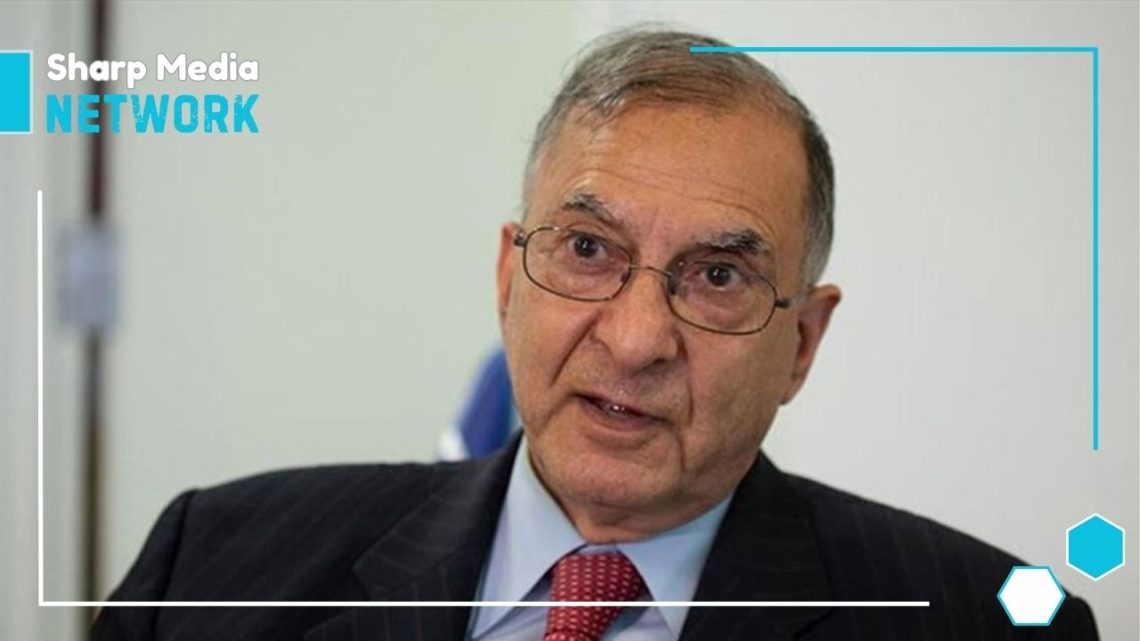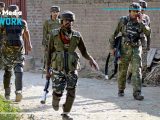
Dr. Fai Calls for Global Action on IIOJK’s Economic, Social, and Cultural Rights
February 19, 2025 Off By Sharp MediaDr. Ghulam Nabi Fai has appealed to the international community to address the deteriorating economic, social, and cultural rights of Kashmiris under Indian occupation, urging global cooperation to safeguard their fundamental freedoms.
Dr. Ghulam Nabi Fai, Chairman of the World Forum for Peace & Justice, has raised alarm over the worsening plight of people living under Indian occupation in Indian Illegally Occupied Jammu and Kashmir (IIOJK). Speaking at the ongoing 77th session of the Committee on Economic, Social, and Cultural Rights (CESCR) in Geneva, Fai called for urgent attention to the systematic violations of these rights, emphasizing their inseparable connection to civil and political freedoms. Fai’s intervention in the session under the chairmanship of Mohamed Ezzeldin Abdul-Moneim of Egypt highlighted the need for global cooperation to protect the fundamental rights of people in occupied territories.
The session, which is set to conclude on February 28, 2025, provides a crucial platform for discussing human rights issues. Dr. Fai referenced United Nations resolutions to support his call, particularly citing Resolution 4 of 21 February 1977 by the Commission on Human Rights. This resolution emphasized the responsibility of the international community to ensure the realization of economic, social, and cultural rights as part of securing civil and political freedoms. Dr. Fai urged the experts at the CESCR session to examine how foreign occupation and alien domination undermine these rights, suggesting that violations must be actively monitored and addressed.
Highlighting the situation in IIOJK, Dr. Fai reminded the committee that for over seven decades, the Kashmiri people have suffered under Indian occupation, with their economic, social, cultural, civil, and political rights severely restricted. He pointed out that despite promises made by the UN Security Council, Kashmiris still have not realized their right to self-determination. This denial of rights, Fai argued, is a clear violation of international law and UN resolutions.
Fai also took aim at India’s persistent refusal to allow the Kashmiri people their right to self-determination, condemning the silence of the international community on the issue. He suggested that this silence is largely due to India’s economic influence on global powers. Dr. Fai particularly criticized the media suppression in IIOJK, warning that press freedoms in the region have declined to such an extent that they now rank lower than those in Afghanistan and Myanmar. He lamented that the legitimate struggle of the Kashmiri people is being unjustly labeled as militancy, which is used to justify severe repression.
In his concluding remarks, Dr. Fai urged the United Nations and global powers to prioritize human rights above political and economic interests. He called for meaningful action to resolve the Kashmir dispute, stressing that the international community must uphold the promises made in UN resolutions and work toward a just and peaceful resolution for the people of Kashmir.

